Saturday, November 20 will highlight the latest trends and techniques in ‘Wobbing’, the use of the Freedom of Information Act (FOIA). Several sessions will cover starters tricks, the use of unorthodox ways to gain access to documents and the broad use of environmental information within the EU. (Inter)national experts will train beginners and experienced wobbers in the exiting possibilities Freedom of Information (FOI) laws offer the journalist.
Most sessions are held in room L 03.05, most will be in English.
09.00 – 10.15
L 03.06 Wobben voor beginners – Nederland, o.l.v. Brenno de Winter
L 03.04 Wobben voor beginners – Belgie, o.l.v. Marleen Teugels and Dirk Voorhoof.
L 03.05 Wobbing for starters – Europe, by Brigitte Alfter
10.15 – 12.00, L 03.05
Online accessibility of documents held by authorities, by Per Anders Johansen (Norway). Norway –as one of the few countries- pro-actively lists government documents that can be requested through FOI access laws. How does this help journalists? What can we in the EU use from this rich Norwegian source? For the curious, the more advanced wobbers and those interested in taking their skills one step further.
14.00 – 15.15, L 03.05
Access to environmental information as a tool to get more information on an unexpectedly wide scope of topics. Can info on ICT be an environmental issue? Sure it can! And much, much more… By Brigitte Alfter and Brenno de Winter, for advanced wobbers and those who want to be inspired by the quests and successes of others.
For those interested in wobbing and in investigating the pharmaceutical industry:
Join the Friday, November 19 panel session Wobbing for life with Deborah Cohen (British Medical Journal) and Heleen Croonen, in which Cohen will talk about how FOIA-requests helped her uncover the side effects of a disputable diabetes drug. (15.45 – 17.00, room L 03.03)
Een ‘wolk van wantrouwen en frustratie’ bij journalisten die een Woo-verzoek hebben ingediend, en eenzelfde ‘wolk van wantrouwen en (incidenteel) spijt’ aan de kant van ambtenaren die ze moeten behandelen. Dat obstakel voor een goed functioneren van de Wet open overheid signaleert Folkert Jensma in het voorwoord van Het Woo witboek, Best practices: van journalisten, voor ambtenaren, dat de VVOJ in samenwerking met de Open State Foundation (OSF) heeft uitgebracht.







